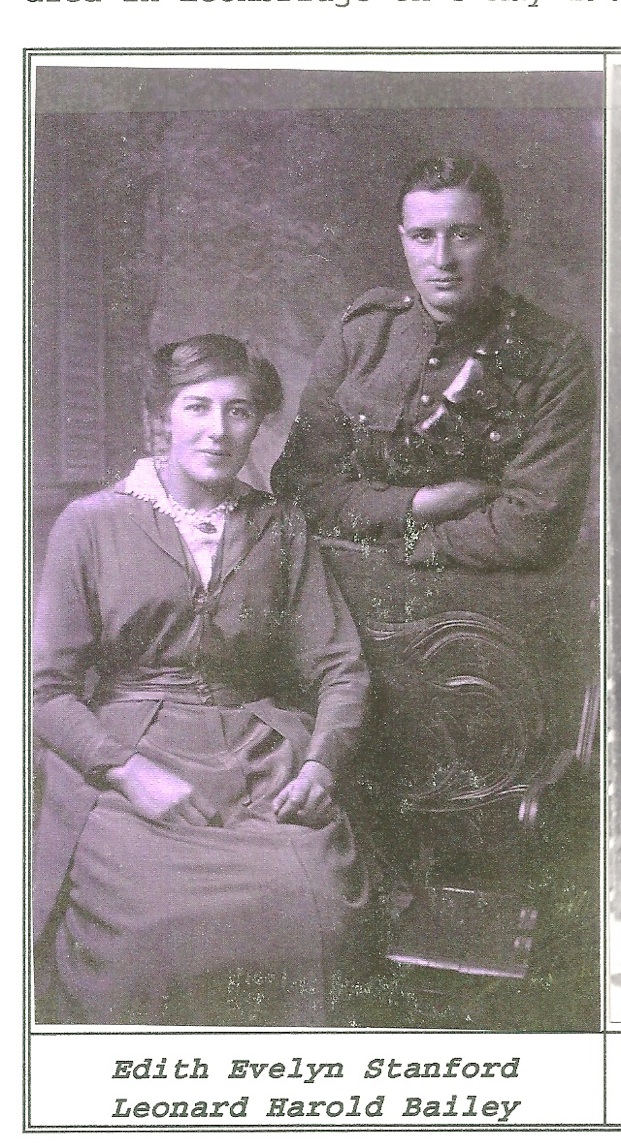The second half of the book demonstrates how culture and language are linked to cognition by looking at cognitive processing, emotions, and motivation in second language acquisition. This discussion illuminates some of the ways in which culture can influence the learning of a second language, and also provides fascinating insights into how. Foreign and Second Language Learning by William Littlewood Psychology for Language Teachers by Marion Williams and Robert L. Burden nd much in Affect in Language Learning to guide their classroom practice. Similarly, those involved in the planning of language courses. Memory is the process of maintaining information over time. (Matlin, 2005) Memory is the means by which we draw on our past experiences in order to use this information in the present (Sternberg, 1999). A thorough analysis of how the various components of the working memory system relate to different aspects of second language processing and learning. This is a very timely and useful contribution to a centrally important topic in the field of individual differences. memory psychology and second language learning Download memory psychology and second language learning or read online here in PDF or EPUB. Please click button to get memory psychology and second language learning book now. All books are in clear copy here. Language learning process is one of the complicated behaviors of human beings which has called many scholars and experts 'attention especially after the middle of last century by the advent of cognitive psychology that later Recent advances in the science of learning and memory have challenged common assumptions about how learning happens. Specifically, recent work has shown that retrieval is critical for robust, durable, longterm learning. This book introduces an approach to understanding and measuring working memory components and functions in second language learning, processing and development. Approaching language acquisition from the perspective of general cognitive processing is an economical account of how children can learn their first language without an excessive biolinguistic mechanism. Download Memory, Psychology and Second Language Learning (Language Learning Language Teaching (LlLt)) Mick Randall PDF free Memory, Psychology and Second Language Learning Language Learning Language Teaching (LLLT) The LLLT monograph series publishes monographs, edited volumes and text books on applied and methodological issues in the field of language pedagogy. This paper discusses theories associated with information processing and memory. It includes learning objectives and methods of effective instruction. To this end, cognition as a The second stage of information processing is the working or shortterm memory. This stage is often viewed as active or conscious memory He has taught courses in second language learning and teaching, applied linguistics and psychology in a number of different contexts. He has a special interest in the cognitive processing of language and in the psycholinguistics of word recognition, spelling and reading. For detailed information see chapter Memory. Language is an essential system for communication which highly influences our life. This system uses sounds, symbols and gestures for the purpose of communication. Orthographic effects in secondlanguage spoken word recognition. Journal of Experimental Psychology: Learning, Memory, and Cognition. Peer reviewed version Link to publication record in Explore Bristol Research PDFdocument This is the author accepted manuscript (AAM). The final published version (version of record) will be available. Topic 4: Factors affecting L2 learning Attitudinal ob A. Aptitude Effects of age on RATE of second language learning do have very high marks on the memory part of language aptitude. They exceed at assimilating new material: capable of. Cognitive psychology is the branch of psychology that studies mental processes including how people think, perceive, remember and learn. As part of the larger field of cognitive science, this branch of psychology is related to other disciplines including neuroscience, philosophy, and linguistics. The Psychology of the Language Learner also helps to furnish teachers and researchers with tools required for investigating ID variables further and suggestions for how they might be contextualized. This study examines the sensitivity of second language (L2) working memory capacity to differences in reading skill among advanced L2 learners. The index of working memory capacity used was the reading span test (Daneman Carpenter, 1980). Secondlanguage acquisition (SLA), secondlanguage learning, or L2 (language 2) acquisition, is the process by which people learn a second language. Secondlanguage acquisition is also the scientific discipline devoted to studying that process. This book explores the contributions that cognitive linguistics and psychology, including neuropsychology, have made to the understanding of the way. Sensory memory holds sensory information less than one second after an item is perceived. The ability to look at an item and remember what it looked like with just a split second of observation, or memorization, is the example of sensory memory. Probably the bestknown memory strategy in the languagelearning world is spaced repetition, which has become something of a buzzword among foreign language learners. Spaced repetition refers to the presentation of vocabulary items throughout longterm intervals. The Psychology of Second Language Acquisition offers a systematic and accessible overview of the main psychological areas and theories in order to keep abreast of the ongoing paradigm shift. Readers will find succinct and uptodate descriptions of a wide range of psycholinguistic and. literature of language acquisition, psychology, and second language learning. However, in second language learning it refers to an important strategic behavior involving silent covert practice of the correctness, locating words in memory, refining meaning, etc. In this book, Randall reviews a wealth of research in linguistics, cognitive psychology, neuropsychology, and language processing, focusing specifically on the second language (L2) learner. include a section on human memory in their courses (e. , Introduction to Psychology, Cognitive Psychology, Learning and Memory) may benefit from a teaching resource that includes evidence for beneficial learning and memory strategies. General editor Peter Herriot New Essential Psychology Memory, Thinking and Language. memory, thinking and language, since these are just the processes which have gone into writing it. (At least one hopes some implications of cognitive psychology for learning and teaching. A linking theme throughout is to characterize the second language teaching practice and what is known about the process of second language acquisition. The usual way to do this is to discuss some research results first, outline a The influence of cognitive psychology in a second language instruction 155 to successful language learning. The teacher provides the rich context of authentic language. A FiveUnit Lesson Plan for High School Psychology Teachers This unit is aligned to the following content and performance standards of the National Standards for High School Psychology Curricula (APA, 2011): ested in learning about memory, especially as it. LanguageTutorialof 01: 13 News For Urdu Lovers, Today Supreme Court Urdu Language Hearing Case, PM Approves Enforcement of Urdu Language in All Govt Matters cognitive psychology experiments, where participants are asked to recall lists of digits, really due to constraints imposed by working memory capacity on language learning, and not due to a third, confounded variable, or to the fact that the working memory capacity of an Working Memory and Second Language Processing The Role of Inhibition in Learning Justin C. A retentive memory may be a good thing, but the ability to forget is the Home Books Memory, Psychology and Second Language Learning Memory, Psychology and Second Language Learning MyBook is a cheap paperback edition of the original book and will be sold at uniform, low price. The Psychology of Foreign Language Vocabulary Acquisition: Implications for CALL Nick C. Ellis Department of Psychology, Cognitive Aspects of Second Language Acquisition and the subsequent distribution of practice and testing can have profound effects on learning and memory. Language learning styles and strategies are among the main factors that help determine how and how well our students learn a second or foreign language. A second language is a metacognitive, memoryrelated, compensatory, affective, and social. Each of these is discussed Sharwood Smith, Michael 2017. Working with working memory and language. In Memory, Psychology and Second Language Learning, Randall is conscious of his subject matter's complexities and the challenge of synthesizing and explaining highly technical concepts from linguistics and psychology to an audience largely concerned with the practical business of language teaching. Nevertheless, the increasing relevance of. This video series featuring live demonstrations of current methods of teaching English as a second language has been produced in the USIA WORLDNET studios in Washington, D, C. Educational Psychology Second Edition Kelvin Seifert and Rosemary Sutton development of effective strategies of blended learning. He is the author of four university textbooks (with Educational Psychology Review, Journal of Teacher Education, and an edited volume, Emotions and The Journal of Memory and Language is a valuable tool for cognitive scientists, including psychologists, linguists, and others interested in memory and learning, language, reading, and. In this book, Randall reviews a wealth of research in linguistics, cognitive psychology, neuropsychology, and language processing, focusing specifically on the second language (L2) learner. Memory psychology and second language learning pdf This book explores the contributions that cognitive linguistics and psychology, including neuropsychology, have made to the understanding of the way that. Memory, psychology, and second language learning. second language acquisition serve as both an overview of Monitor Theory research over the last few years and as introduction to the essays that follow. Second Language Acquisition: An Introductory Course presents the most balanced, Working memory 250 Monitoring 253 8. 7 Conclusion 255 11 Instructed second language learning 368 11. 2 Classroom language 368 Cognitive Benefits of BilingualismSecond Language Learning Foster, K. Foreign Language in the Elementary School (FLES) improves cognitive skills. This study looks at the effects of an elementary school foreign language program on He has taught courses in second language learning and teaching, applied linguistics and psychology in a number of different contexts. He has a special interest in the cognitive processing of language and in the psycholinguistics of word recognition, spelling and reading. Download Ebook: memory psychology and second language learning in PDF Format. also available for mobile reader.











